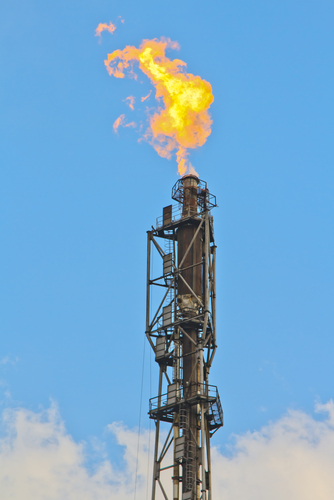
The Institute for Energy Research recently released its 2024 North American Energy Inventory, which provides an overview of North America’s natural gas, coal and oil resources.
“Technological advancements in the production process, along with our unique system of public ownership, have propelled the U.S. to global leadership in oil and natural gas production, fostering economic benefits like lower energy prices, job growth, enhanced national security, and an improved environment,” Thomas Pyle, Institute for Energy Research president, said in a statement along with the report. “Even with the explosion of energy production in the last 15 years, North America is even richer in energy resources today. And yet many political government agents and activists seek to constrain North America’s energy potential. We must resist these efforts and commit ourselves to unlocking these resources so American families can continue to enjoy the real and meaningful benefits of our energy production offers.”
The United States. is the world’s largest producer of oil and natural gas which, the report highlights, creates benefits and challenges.
Benefits include a secure and reliable supply of energy that creates less worry about disruptions in energy supply; lower oil prices; fewer vulnerabilities due to the large scale production; and supporting, both directly and indirectly, millions of jobs.
Historically the United States relied on Middle East-sourced oil, and foreign policy was shaped by concerns about oil scarcity and conflicts. With the shift to domestic production over the past 15 years, the United States to exercise greater discretion in foreign interventions.
In addition, the United States has, in recent years, has made significant progress in reducing air pollution.
Challenges include regulatory impediments such as imposing a moratorium on new oil and gas leases, failing to hold lease sales, and issuing strict regulations on natural gas and coal production.
Oil, natural gas, and coal companies have difficulty raising capital because of competition from more heavily subsidized renewable energy sources, anti-fossil fuel activism, and the Environmental, Social, and Governance investing movement.